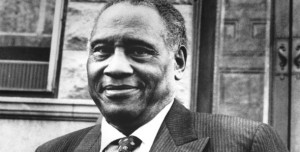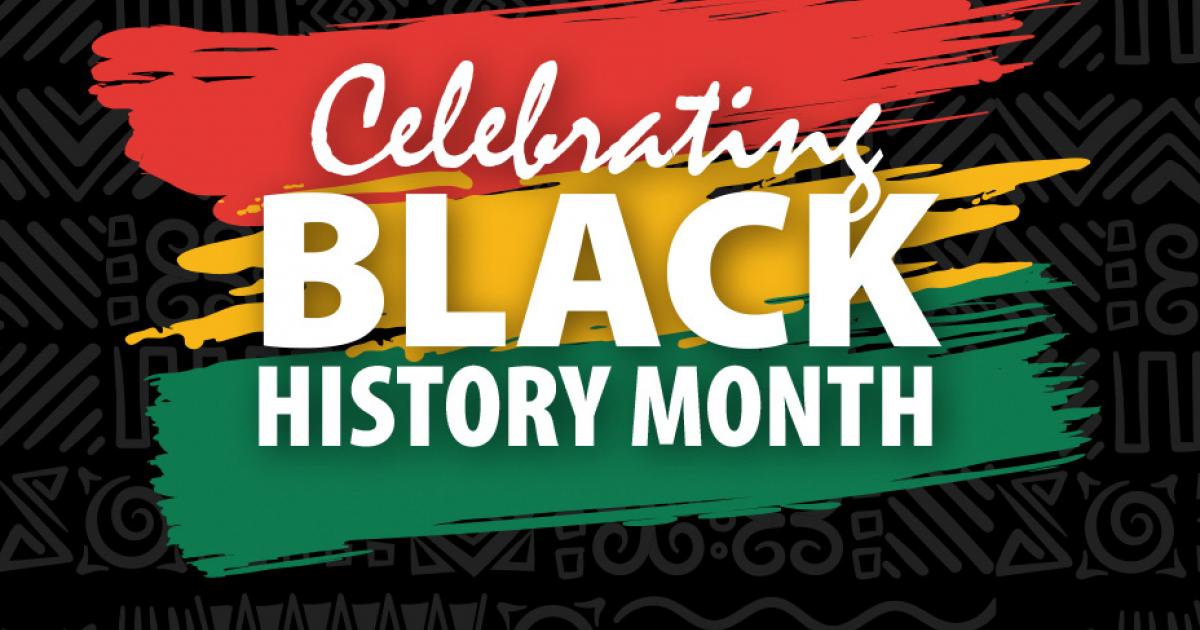(ThyBlackMan.com) If the Heisman Trophy existed roughly a century ago one of the most deserving candidates would have been Paul Leroy Robeson.
During his football days at Rutgers University, Robeson, a 6-foot-2 end and linebacker, was named a Walter Camp All America in 1917 and 1918. Robeson earned the highest honor for a collegiate football player at the time despite being brutally beaten by his own teammates when he first came out for the team because these “teammates” did not want to play with a black man.
In describing that period of his life, Robeson said: “I was the representative of a lot of Negro boys who wanted to play football and wanted to go to college. And as their representative, I had to show I could take whatever was handed out.”
Given the immense pride Robeson took in being a trailblazer for future generations of young African American scholar-athletes there is no doubt that he would be saddened by the current state of affairs at his alma mater.
Today, Rutgers’ football program is not making national headlines  for having All American candidates, instead the big story coming out of the state college of New Jersey is the recent dismissal of five African American football players from the Rutgers team for alleged armed robberies and assaults. For the record, the football players are not the only suspects in what has been described as a two-week crime spree in April and May.
for having All American candidates, instead the big story coming out of the state college of New Jersey is the recent dismissal of five African American football players from the Rutgers team for alleged armed robberies and assaults. For the record, the football players are not the only suspects in what has been described as a two-week crime spree in April and May.
Ironically, according to published media reports, four of the five players were criminal justice majors. If only the young men had been students of history, specifically students of the greatest scholar athlete in the university’s history—Paul Robeson.
Understand that Robeson was a great football player, but football did not even come close to defining him. He was a Phi Beta Kappa graduate and delivered the oration for his graduating class. Upon graduation from Rutgers, to help pay his way through Columbia Law School, Robeson played professional football, first with the Akron Pros in 1921, and then in 1922 with the Milwaukee Badgers, one of the founding teams of the National Football League.
Every step of the way Robeson used the game of football for a higher cause, and he called upon the resiliency he displayed on the field during much tougher battles in the game of life. One of those battles was in 1923 after he graduated from Columbia Law School. Robeson went to work at a New York law office, but when the firm’s stenographer refused to take dictation from a black man, regardless of the black man’s impeccable credentials, Robeson resigned.
He then redirected his talents toward singing and acting. And in the next 25 years, Robeson became one of the world’s most recognized entertainers. Most notable were his lead performances in “Emperor Jones” and “Othello,” which set a record run for a Shakespearean play on Broadway.
A linguist, who spoke more than 20 languages—including Arabic, Chinese, Russian and a number of African languages—Robeson sang spirituals and folk songs throughout America and abroad and played leading roles in 11 films. His most famous movie role came in “Showboat,” in which he sang “Ol’ Man River,” still considered a classic performance.
However, at the height of his popularity as an entertainer, Robeson’s uncompromising advocacy for the human rights of people across the world made him a prime target for Senator Joseph McCarthy’s witch-hunt for so-called subversives in the entertainment industry and other fields. And with that “Red” brand, Robeson’s passport was stripped and his earning power was on life-support. But still he soldiered on as best he could, with poignant speeches and benefit performances as his weapons against oppression, because for Robeson the goal was always to be the very best representative of humanity he could possibly be regardless of his circumstances. Adhering to that type of righteous life practice, Robeson exited this world as the ultimate winner by being a man of true purpose.
On the surface, the five young men recently removed from the Rutgers football team appear to have nothing in common with Paul Robeson other than a shared ethnicity. Instead, they appear to be the latest edition to a long and unfortunately growing line of African American male athletes who have let the business of football play them without receiving anything in return. Make no mistake about it, college football is big business, and big money will be made by the mega entities that profit from this business regardless of what becomes of these five young men and other alleged wrongdoers, whose names far too often scroll across the bottom of screens tuned in to sports networks.
Indeed it does not look good now for the former Rutgers players, but life, like football, can be a game of comebacks. For the comeback to occur, there has to be a commitment to a higher cause—definitely something higher than football and fast money. A knowledge and appreciation of the history of their people may help these young men find that higher cause, and studying Paul Robeson would be an excellent place to start.
Staff Writer; Scott Talley
This talented journalist is owner of a public relations firm; Scott Talley & Associates, Inc….

















Oh heck! 99% of today’s black athletes, college or professional, probably never even heard of Paul Robeson.